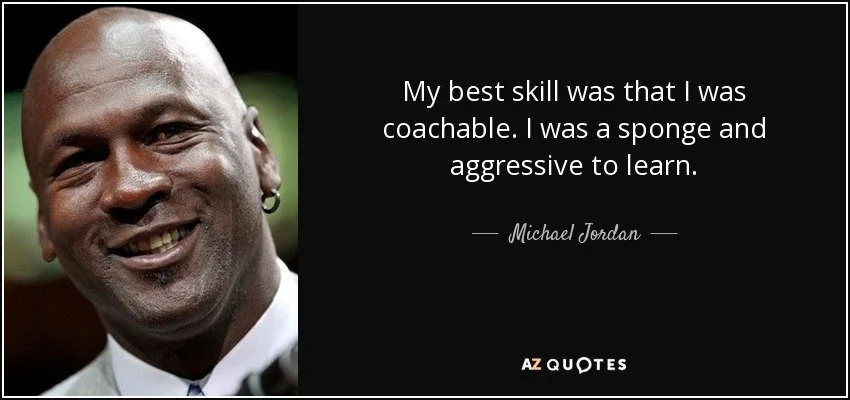This is a wonderful professional experience share from Alenna Merihew that I have to share with a broader audience. She shared it in October 2023 on LinkedIn—
Want to know who really holds the keys to your next promotion (after yourself)? Hint: Not your manager.
Assuming you have great performance reviews, the required capabilities, and your manager’s support, the biggest hurdle actually is a leader that sits one, two or even more levels above you.
I learned this the hard way when my first promotion was nixed by a senior partner in my office.
My mentor shared that in the annual performance review meeting the head of the office “James” (name changed) hadn’t supported me for the accelerated promotion.
I had met James only a handful of times during the year, primarily at team dinners. I was confused.
I naively asked, “What? Why? I’ve barely interacted with him. And there was other support from folks in the room, right?”
“Yes, but…” [pause] “…there wasn’t much we could do.”















